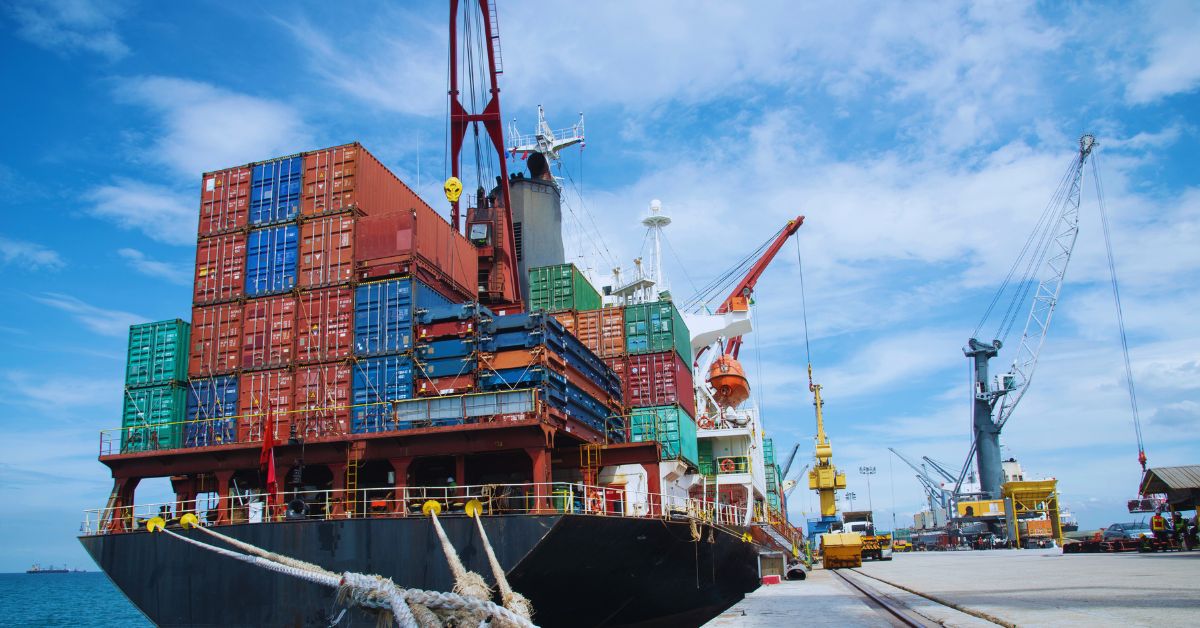Caribbean governments and businesses are bracing for significant economic disruption following the implementation of new U.S. import tariffs, including a 10% duty applied to Montserrat’s goods. The sweeping tariff policy, enacted under the International Emergency Economic Powers Act by the Trump Administration, took effect April 5, 2025, and marks a potentially devastating shift in U.S.-Caribbean trade relations.
Although framed as a “reciprocal” measure, the policy introduces across-the-board tariffs on all countries exporting to the United States, with higher, country-specific rates for some. Among Caribbean Community (CARICOM) states, Guyana faces the steepest blow, with a 38% tariff on its exports to the U.S. While Montserrat avoids such extreme rates, the impact of the 10% hike is already rippling through the local economy.
Montserrat imports much more than they export, with a heavy reliance on U.S. goods. The tariff will hit local businesses and residents hardest, making everyday essentials which are already extremely high, more expensive and stretch household budgets even further.
Premier Meade and his team recently met with Sr. Joaquin Diaz, the Dominican Republic’s diplomatic envoy, as part of efforts to explore alternative sourcing for goods. Supermarket and hardware store owners also joined the talks.
Across the region, the concern is widespread. Speaking on Saturday as Chair of CARICOM, Barbados Prime Minister Mia Amor Mottley described the situation as a moment of crisis. “Our world is in peril,” she said. “This is the most difficult period our region has faced since the majority of our members gained their independence… and now we are on the precipice of a global trade war.”
Mottley emphasised that Caribbean economies, which overwhelmingly rely on imports, particularly from the U.S., are at significant risk. From food to construction materials, most goods either come directly from or pass through the United States before reaching Caribbean ports. A 10% rise in cost at U.S. borders could translate to even higher retail prices once shipping, handling, and local duties are factored in.
“This is not just about trade,” Mottley added. “It’s about food security, energy security, and the future stability of our economies. Even tourism could be affected, as U.S. consumers – our main source market – find themselves with less disposable income.”
The Caribbean Basin Initiative (CBI), a decades-old unilateral program granting preferential treatment to Caribbean exports, is now under threat. The tariffs risk undermining the CBI’s core purpose: strengthening U.S.-Caribbean ties through trade. With U.S. exports to the Caribbean still far exceeding imports from the region, many leaders argue that the new policy punishes the very economies the CBI was designed to support.
Dr. Kari Grenade, a respected Caribbean economist, warns that inflationary pressures from rising import costs could place further strain on already-fragile economies. Caribbean firms that depend on U.S. inputs may see production costs rise, prompting a renewed push to diversify both sourcing and export markets.
But retaliation, many experts agree, is not an option for Caribbean nations that depend heavily on American goods. Instead, regional cooperation and diplomacy are being prioritized. CARICOM heads are expected to intensify engagement with Washington to advocate for exemptions or carve-outs, particularly for small and vulnerable states.
Montserrat must step up its efforts to increase local food production while actively looking at trade routes that bypass the U.S.. There is no quick fix and regional and strategic action is the only recourse.
Mottley called on the Caribbean private sector, especially in tourism, to collaborate with governments in safeguarding market share. “This is a moment for unity,” she urged. “We must accelerate agricultural production, invest in light manufacturing, and deepen trade ties beyond traditional partners.”
With global supply chains already strained and other proposed U.S. trade measures – such as levies on Chinese-made ships – threatening further disruption, the region is being pushed to rethink its economic model.
“This isn’t just about higher prices,” Mottley said. “It’s about protecting our people, preserving our industries, and ensuring our economies don’t fall victim to policies we had no part in creating.”
As the countdown to implementation continues, Caribbean leaders are left hoping for a last-minute reversal – but preparing as if none is coming. For Montserrat and its neighbors, resilience will once again be the region’s strongest asset.
Discover more from Discover Montserrat
Subscribe to get the latest posts sent to your email.




